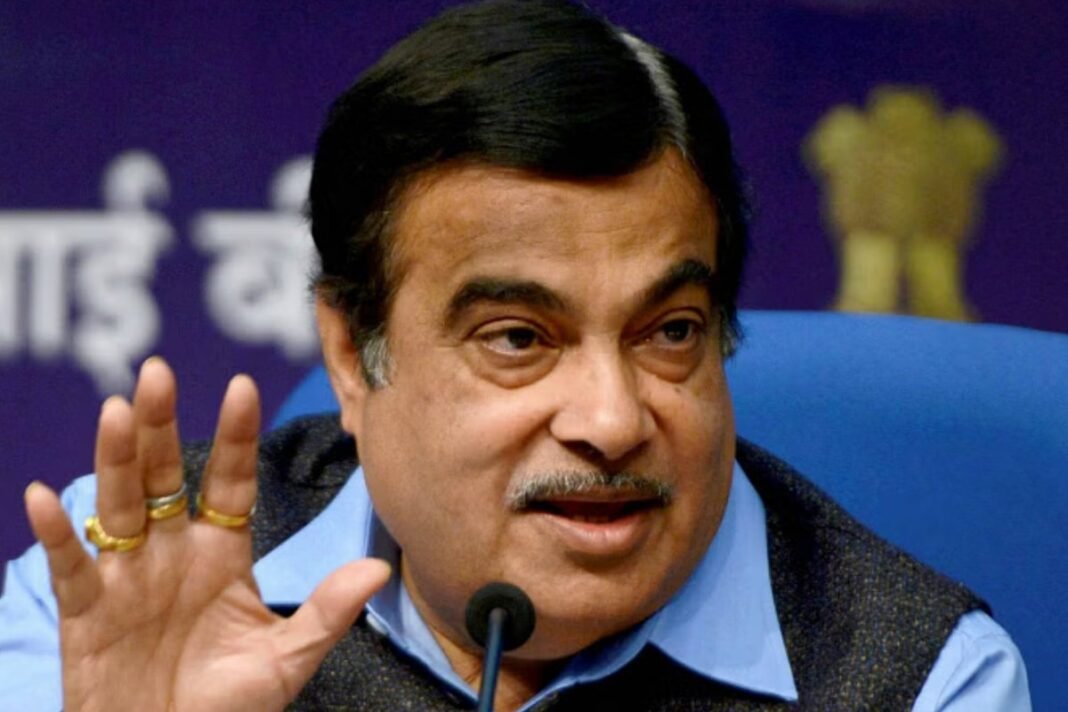Gadkari airbags decision: The Indian Union Road Transport and Highways Minister, Nitin Gadkari, has announced that the government will not enforce a rule making it mandatory for cars to have six airbags. This decision comes even though he had previously indicated a move towards making six airbags compulsory by October 1, 2023. His earlier perspective was driven by a desire to ensure that even small cars, typically bought by the lower middle class, had adequate safety features.
An airbag functions as a cushion during accidents, protecting the driver and passengers from hard impacts with the car’s interior. Recognizing the safety benefits, the government has introduced the BNCAP (Bharat New Car Assessment Programme) regime. Under BNCAP, vehicles are required to have six airbags to achieve a 5-star safety rating. Mr. Gadkari believes this rating system will incentivize car manufacturers to provide six airbags as a standard feature, making a mandatory rule redundant.
In his speech at the Automotive Component Manufacturers Association of India, Mr. Gadkari emphasized the crucial role of human behavior in road safety. He highlighted issues such as low helmet usage and drunken driving as significant contributors to road accidents.
Interestingly, the proposal for mandatory airbags faced opposition from carmakers, including Maruti Suzuki, who argued that such a requirement could increase vehicle prices and deter potential buyers. While the government’s estimation last year was that the inclusion of four additional airbags would only increase the vehicle’s cost by $75, JATO Dynamics, an automotive market data provider, projected a cost increase of at least $231.
On a broader note, Gadkari also touched upon the need for India to align with global standards, especially regarding emission norms. He signaled a potential move from BS6 to BS7 norms in collaboration with the industry. He also drew attention to the increasing fossil fuel imports and the need for sustainable and economical solutions.































